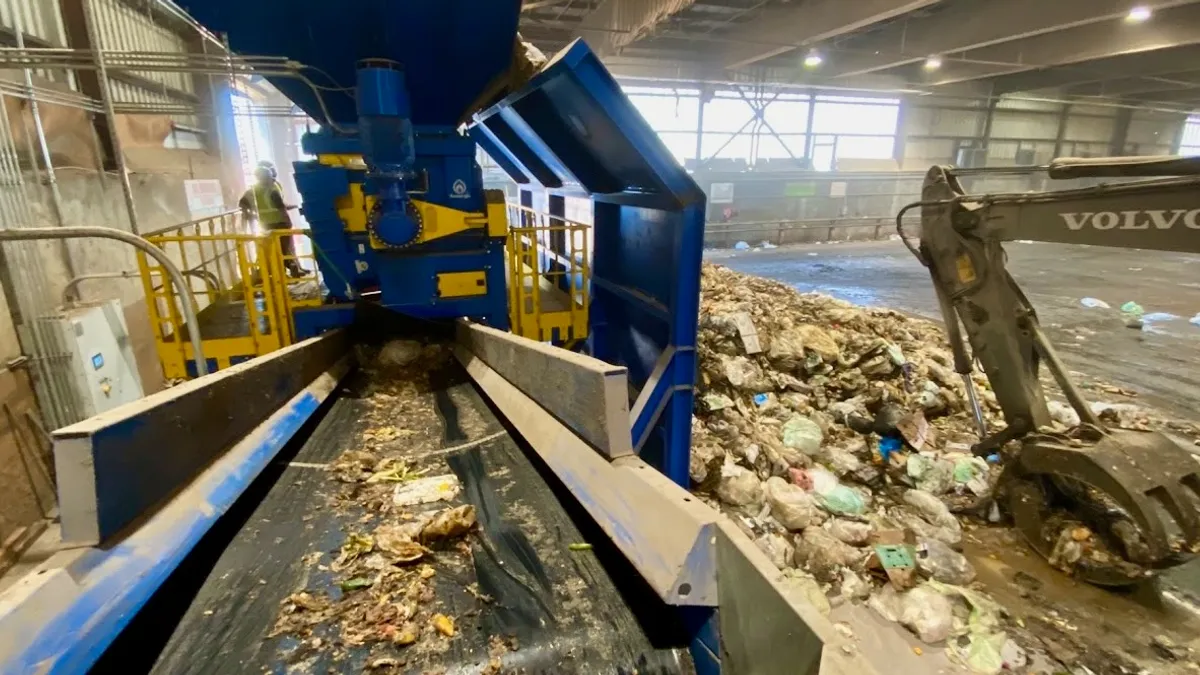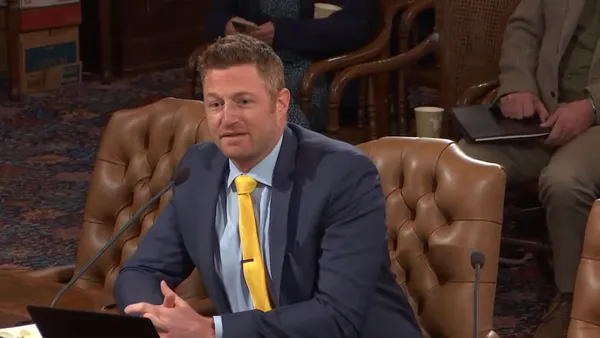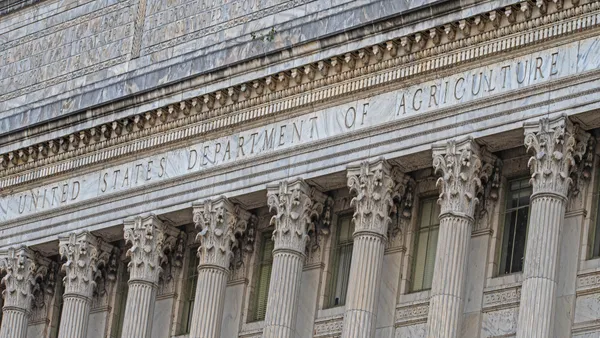All financial information is in Canadian dollars unless otherwise noted.
Anaergia has secured the final tranche of investment from a subsidiary of Luxembourg holding firm Marny Investissement, bolstering the company's finances through a $40.8 million deal. The investment was originally announced in December and the first two tranches closed in February and April.
The financial lift comes after the Ontario-based company reported financial results for the previous two quarters, plus its full fiscal year 2023 results, on July 6. Releasing those reports meant the company could begin trading again on the Toronto Stock Exchange, triggering the final tranche from Marny.
Following the closure of the transaction on Wednesday, Marny now owns more than 60% of Anaergia. As the controlling owner, it appointed Ohad Epschtein chairman of the board. Andrew Benedek, founder of Anaergia, will exit his position as chairman but stay on as a director of the company.
"I am very pleased that Ohad and his team share my enthusiasm for Anaergia, and that they are dedicated to growing the Company and to optimizing its potential," Benedek said in a statement announcing the change. "I have no doubt that Ohad is the right person to lead the board going forward."
Anaergia also announced in its first quarter release that Chief Financial Officer Andrew Spence resigned after the company filed its results. Spence, a veteran of the renewable natural gas industry, joined the company in June 2023. He will stay on in a limited advisory role to ease the transition to his interim successor, Gregory Wolf. Anaergia plans to conduct an executive search to identify a permanent replacement.
Spence’s resignation follows that of CEO Brett Hodson, who left the company after Marny’s second tranche of investment was finalized in April. Hodson was replaced by Assaf Onn, who had served as chief operating officer of Marny Investissement since 2008.
The new reports and investment allow Anaergia to put a difficult year behind it. In the second quarter of 2023, the company deconsolidated the Rialto Bioenergy Facility from its finances and filed for bankruptcy for the facility. It was purchased at bankruptcy auction by Sevana Bioenergy earlier this year.
Anaergia's net loss increased considerably due to the deconsolidation, from $79 million in fiscal year 2022 to $192.8 million in 2023. Revenue also declined 9.2% year over year, which Anaergia attributed to "lower Capital Sales revenue in the third quarter of 2023 due to a combination of some projects nearing completion, some projects facing customer and vendor delays, and delays in new project signings."
In the first quarter of 2024, Anaergia reported revenue declined by 33% year over year, but its gross profit increased 28%. It attributes the increase in gross profit to increased margins on operation and maintenance projects in North America and the United Kingdom, a focus of the company after it shifted away from built, owned and operated assets last year. The company also reported increased margins from its SoCal Biomethane project.
Anaergia announced several delays in filing its financial statements prior to releasing the information over the weekend. In a statement, Onn attributed the delays to “accounting and financial reporting impacts associated with the restructuring activities and transformation of the Company.”
“We are encouraged to report that 2023 was a year of transition as our strategic review process is positively impacting the Company,” Onn said.
In its annual financial report filed with Canadian regulators, Anaergia noted it had entered into a $20 million (US) term loan with East West Bank through its Rhode Island Bioenergy Facility subsidiary in September to finance remaining construction. The company reported that "certain performance delays" at RIBF mean it may not be able to meet the requirements of the loan within the next 12 months.
At the end of the first quarter, the company reported nearly $38 million in cash on hand and a negative operating cash flow of about $8.5 million.















